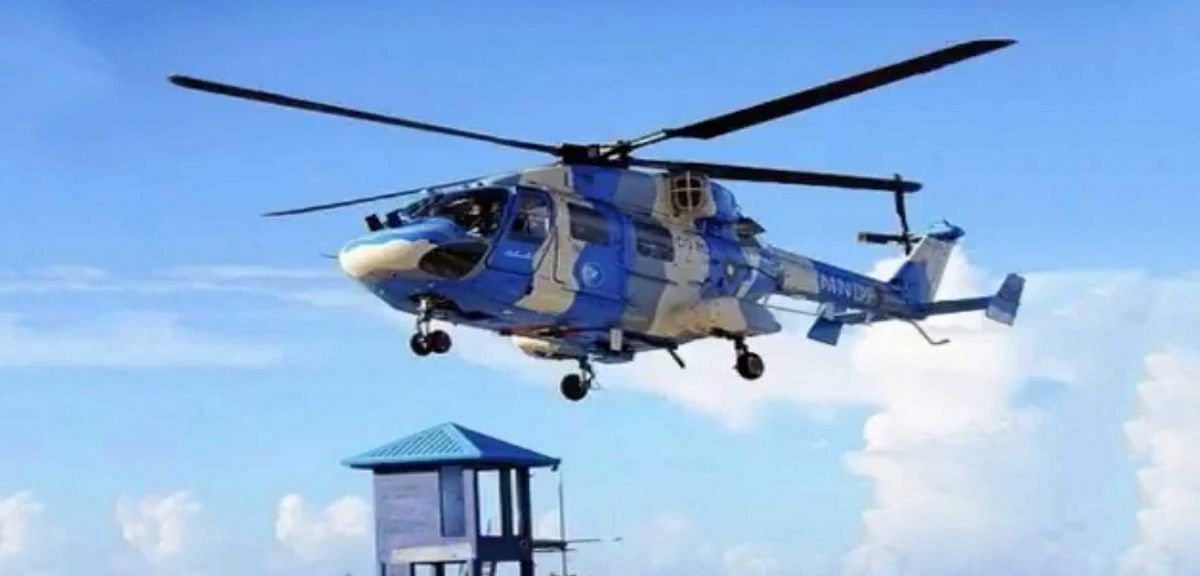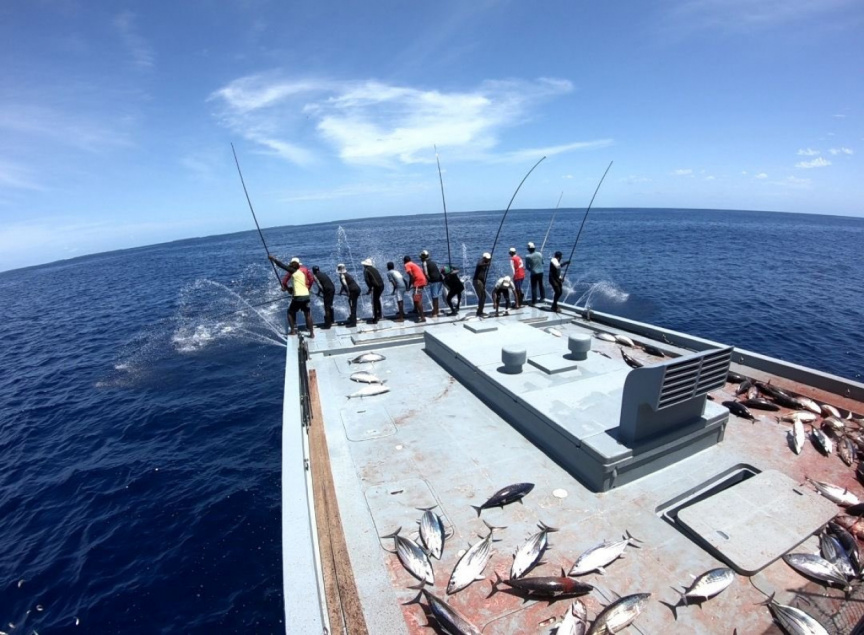“From the river to the sea, Palestine will be free.”
This powerful slogan which captures the aspiration for the freedom of Palestine extending from the Jordan River to the Mediterranean Sea, is resonating with student protesters across the US who are urging for an end to the violence in Gaza.
Despite months of peaceful protests, the US government persists in its military, political and financial support for Israel to continue the conflict. Recently, a bipartisan majority passed a $95 billion military aid package, including $15 billion in Israeli military aid.
In growing discontent over the US government’s policies on the conflict, university students across the country have turned to the legacy of the 1960s Civil Rights Movement and set up encampments, demanding university divestment from companies tied to the Israeli government. However, their nonviolent protests have been met with a heavy-handed response. Police forces have conducted campus raids in New York City and elsewhere, arresting students, faculty members and journalists.
On April 30, the New York City Police Department (NYPD) locked up over 100 protesters at Columbia University, the epicenter of the demonstrations, after House Speaker Mike Johnson paid a visit and was greeted with a chorus of “free Palestine”. With the raid, the number of individuals police had taken away from American campuses since mid-April reached more than 2,400.
Johnson called the students “lawless agitators” and threatened to call in the National Guard during his visit. He was not at all helpful in cooling down the tension, and the White House’s condemnation of the protests as “antisemitic” only exacerbated the situation. In a rare show of unity, both US lawmakers and the executive branch want to silence the protesting students—possible reasons are intriguing.
But the students are only making justified appeals: safeguarding the human rights of the Palestinians in Gaza and opposing US complicity in human rights abuses. They refuse to accept the standard official lines that the US was only assisting Israel in its legitimate right to self-defense.
The images of encircled hospitals, ruined homes, as well as the helpless faces of children, women and the elderly who have been wounded or displaced do not lie. They are proof of how the US “military assistance” is helping Israel with its cruelty against the innocent and the vulnerable. The young people back in the US have the right to challenge the disgraceful behavior of their own government.
The US government’s stance in the ongoing conflict in Gaza has been questionable from the very beginning. On top of the continued military aid, it has been vetoing UN resolutions for a cease-fire and Palestine’s full membership, keeping the green light on for Israeli offensives that violate international law and, more deplorably, challenge human conscience. The Congress even passed the Antisemitism Awareness Act, which adopted a broad definition of antisemitism and could be used as an easy excuse to suppress criticism and the rights of Americans.
Just like decades ago when young Americans stood up against the Vietnam War, students today are challenging US policies that contradict American values and perpetuate injustices. Standing united, their voice is getting louder as they call on the US government to align its actions with its democratic and human rights ideals. Their appeal shows the struggle for justice is not confined to Gaza.
But what’s different now is that the US is becoming much less tolerant of criticism and opposition. As things stand, a peaceful expression of disagreement may result in days of custody. Unarmed students can become targets of police officers armed to the teeth, and any critic of government policies can be labeled antisemitic.
What is the US, and its politicians, afraid of? Do they fear that the closer the public gets to the truth, the more difficult it will be for the US to sugarcoat its real intentions? The path from Columbia University to NYPD custody poses a critical question: can America claim to be the land of the free when it suppresses voices for human rights?
The protests in Columbia University and beyond are about justice, an ideal held dearly by all Americans. If American policymakers persist in their indifference and turn a deaf ear to the concerns of their constituents, the nation will lose its credibility as a purported champion of justice and freedom in the eyes of its own people and all those around the world.
The author is a commentator on international affairs, writing regularly for Xinhua News, CGTN, Global Times, China Daily etc. He can be reached at xinping604@gmail.com.
Source(s): Global Times

 Business7 days ago
Business7 days ago
 News4 days ago
News4 days ago
 News6 days ago
News6 days ago
 Business6 days ago
Business6 days ago
 News7 days ago
News7 days ago
 News3 days ago
News3 days ago
 News4 days ago
News4 days ago
 News7 days ago
News7 days ago

















